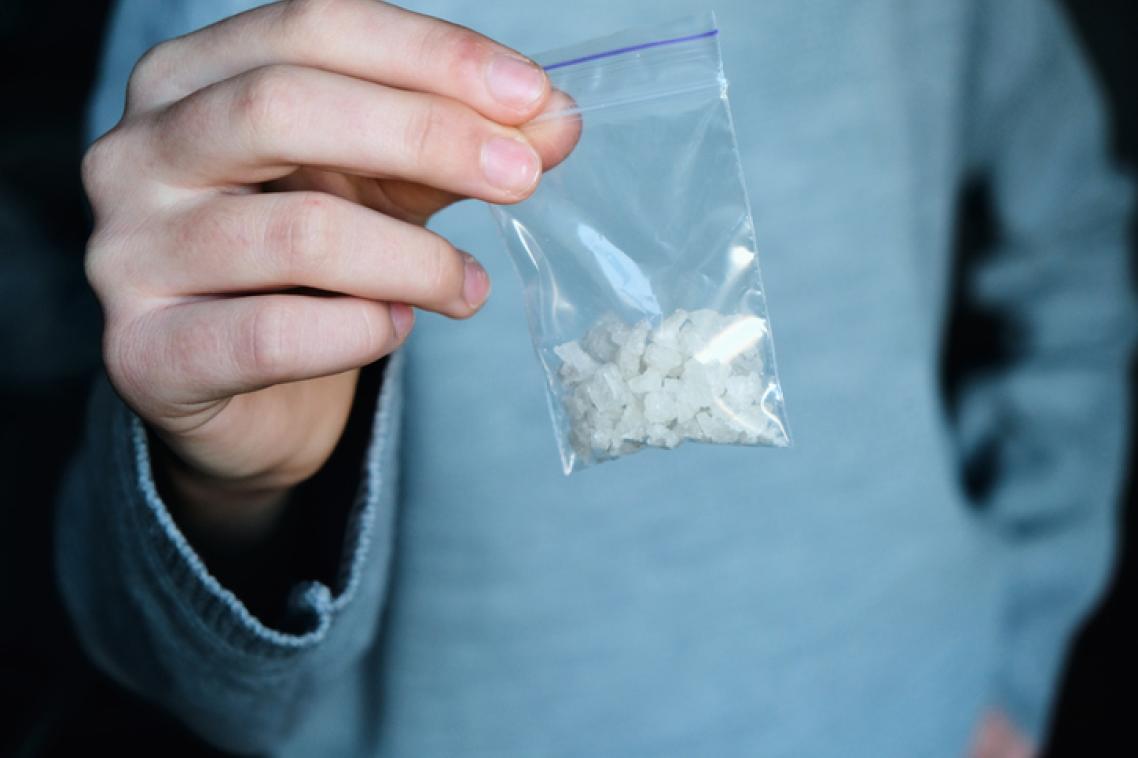Research highlights gap in methamphetamine use figures

Methamphetamine use could be two to four times higher than estimated figures in national surveys, researchers at The University of Queensland have found.
Dr Gary Chan from UQ’s National Centre for Youth Substance Use Research said the research investigated data collected between 2001 and 2019 and examined lifetime methamphetamine use for three main cohorts born between 1951-1960, 1961-1970 and 1971-1980.
“Our research found the self-reported lifetime use for these cohorts substantially decreased over time,” Dr Chan said.
“This is despite significant increased use reported from other data sources such as biologically validated wastewater analyses, emergency department presentations and people seeking treatment for methamphetamine problems.
“We found the degree of underreporting is strongly associated with the level of negativity towards methamphetamine use in a region.
“It’s also possible that prevention campaigns aimed to counter methamphetamine use may have caused people to be less likely to admit they have used the substance before.”
In 2001, one in eight people born between 1960 and 1970 said they had used methamphetamine whereas in 2019, only one in 20 admitted to having used the substance.
A similar pattern was found in all birth cohorts with the largest degree of possible underreporting observed in those born between 1951 and 1960.
Dr Daniel Stjepanovic from UQ’s National Centre for Youth Substance Use Research said the figures were concerning as it could prevent people seeking proper treatment.
“People might be less inclined to admit their methamphetamine use due to increasing stigma, which might be a barrier for them to seek treatment,” Dr Stjepanovic said.
“The underreported survey data has been used to inform government policy on people’s drug use, which is why this research is so important.
“Based on our findings and the fact that actual prevalence of methamphetamine use may be higher than is currently estimated, more accurate data will be needed to inform government policies on drug use.
“Future campaigns should consider a stronger focus on the availability of effective treatments options.”
The data were gathered from the National Drug Strategy Household Survey commissioned by the Australian Institute of Health and Welfare, which asks questions on a range of demographic and health topics and extensively collects data on people’s drug use.
Media: Dr Daniel Stjepanovic d.stjepanovic@uq.edu.au, +61 401 195 900, Dr Gary Chan c.chan4@uq.edu.au , +61 422 756 698 ; UQ Communications Bridget Druery b.druery@uq.edu.au, +61 435 221 246.
Related articles

Greater attention needed on community service workforce

UQ ranked second nationally in AFR Best Universities Ranking
Media contact
UQ Communications
communications@uq.edu.au
+61 429 056 139
